Proper Nutrition is necessary for the proper development of a child. So, let us get to know a bit more about the very basics of diet and nutrition . It is a fact that only when you know, you will be able to chalk out an effective diet plan for your kid. The number of calories in a meal is an estimate of the joules/ Kilojoules of amount of energy stored in that food. Your body uses calories from whatever you eat to carry out day-to-day body activities like walking, running, thinking and even the most basic life processes like respiration, digestion, excretion. An average person requires consuming around two thousand calories per day in order to maintain their form and function.
Nutrition For Children :
The following can be taken as a general guideline as to how many calories are required on daily basis for individuals belonging to different kids lying in the age bracket of 2 to 8 years: 1,000 to 1,400 calories/day. While, teenagers and adults lying in the age bracket of 15 to 30 years need 2000 To 2,400 Calories per day.
Why a Balanced Diet Is Important?
A balanced diet is essential since your body needs to be amply maintained. All the organs and tissues of your body need adequate and proper nutrition in order to work effectively. In absence of a well-balanced diet and good nutrition, your body tends to fall a victim to a lot of nutritional deficiency diseases and metabolic dysfunctions. It also grows more susceptible to viral, bacterial and fungal infections. A poor diet also leads to lower energy levels in body leading to fatigue and tiredness which eventually, reflects as poor mental health. It is of a lot of importance to develop healthy eating habits in kid’s right from a very young age. As a healthy eating pattern can stabilize multiple aspects in a child’s overall health and development. A child, who prefers healthy food is found to be more energetic physically, sharper mentally and less prone to mood swings and outburst of extreme of emotions.
It is true that, to keep your children away from fast/junk food, totally, is a task in itself. There are quite a few healthy eating habits you can still inculcate in them. It is then okay to let them please their taste buds once in a while provided, they are taught to make healthy food choices on a daily basis. Explain them about obesity, childhood diabetes and ill effects of dietary deficiencies. With this awareness, they would definitely be able to pick the right stuff to eat even when you are away.
Basics of a diet plan for kids:
Carbohydrates:
These are very important to meet your kid’s day-to-day energy requirements. A lack of carbohydrates in diet leads to a child with low stamina. Such a kid would not be active in outdoor games and would prefer sitting at home. Also, such kids are rather slow, mentally.
You have to watch where your child’s carbohydrate or calorie supply is coming from. As a general rule, you must aim to limit your child’s intake of empty calories that have zero nutritional value and only lead to gain in weight. Most of the empty calories come from junk food and beverages like soda, sugary drinks, candies, cakes etc. You cannot cut them out totally, but do make sure that you restrict all these to once or twice a week. Most of kid’s carbohydrate supply should come from Whole grain or multigrain foods like: oatmeal, popcorn or brown rice which is rich in fiber and has higher calorific value. These are able to give a sensation of fullness. The kid would feel more satisfied with what he eats and would not feel hunger pangs.
Fats:
Fats are alternate sources of energy in your body after carbohydrates and are required in small portions in your food. You must opt for healthy fats. Healthy fats are those which are made up of high density lipoprotein and are devoid of low and very low density lipoproteins. HDL is cardio protective while LDL & VLDL are more likely to cause heart attacks in later stages of life. Try to switch Ghee with vegetable or nut oils. Pick oils that are rich in Poly unsaturated fatty acids.Add flax seeds to your kid’s meals these are rich in Omega 3 Fatty acids. This ensures that you are protecting your child from early obesity during his/ her growth years and also saving him/ her from cardiac related problems in later stages of their life as mono unsaturated fatty acids are a main reason behind blockage in arteries due to high cholesterol levels.
Protein:
Proteins are the building blocks of your body and contribute towards muscle mass.
To fulfill your kid’s protein requirements, you should choose from fish, lean meat, Chicken, eggs, beans, pulses, soya milk and unsalted dry fruits. Lack of proteins can lead to protein calorie malnutrition.
Fruits & Vegetables :
You must encourage your kids to eat a lot of fresh, seasonal fruits and veggies. This ensures that your kid is getting plenty of essential vitamins, minerals and antioxidants. Different fruits and vegetables are rich sources of different minerals. For instance: Green leafy vegetables are rich in Vitamin A, Citrus fruits boost up your body’s vitamin C levels. This is important as not having enough vitamins in diet can lead to multiple nutritional deficiencies like: Night Blindness, Beri beri, scurvy etc. In vegetables, increase the intake of, especially dark green/ Leafy veggies, red and orange vegetables that are rich in carotene along with lots of beans and peas. Likewise, banana is packed with potassium, Coconut water is a natural source of sodium.
If your child does not like fruits directly, you may give those shakes like Banana shake, mango shake, Chikoo shake etc. Similarly, give vegetables in form of soups and stuffed paranthas and sandwiches.
Dairy products:
Instead of full cream variant go for toned milk to make cheese, shakes, curd etc. This would ensure that your kid’s daily Calcium requirements are met without intake of too much of fat. Calcium is an absolute must for strong bones and teeth. Lack of calcium can lead to rickets in children which is characterized by multiple bony deformations in body like pigeon chest; knock knees leading to impaired body posture and gait. Lack of calcium also leads to brittle teeth and bones that are more prone to fracture.
Iron:
Iron is a mineral that is required by your body for regular manufacturing of red blood cells. The Iron contributes to the heme part of haemoglobin, which is a complex molecule within the red blood cells that leads to oxygen transport within the body. Lack of Iron in body contributes to Iron deficiency anaemia which manifests itself as lack of stamina, fatigue, breathlessness, an overall pale appearance of skin and mucosal surfaces. Another, very peculiar feature of Iron deficiency anaemia is that your child might suffer from certain weird food cravings like Ice, earthen pots etc. This is called picca. If your child experiences difficulty in swallowing, it should ring a bell as this too signifies Iron deficiency.
As they say, prevention is better than cure, feed your child with
Foods that are rich sources of iron. These include Apples, Pomegranate
Fortified cereals, moderate quantities of red meat.
Children’s Nutrition Tips :
Here is a list of healthy food habits that you must teach your child to help him to develop correct food etiquettes.
- Never ever let your child skip a meal as this tends to disturb metabolism.
- Breakfast is the most important meal of the day and should be rich in good carbohydrates.
- Give your kid 5 To 6 Smaller meals instead of three heavy ones to keep the metabolism kicking. This also ensures that your child does not overeat as he feels full most of the time.
- Growing children must be given two glasses full of milk.
- Dinner should be the lightest meal of the day as heavy dinner can lead to digestive disorders.
- Keep a gap of two hours between the last meals of the day and sleep time.
- Introduce a mid day snack like fruit or veggie salad or sprouted pulses or probably a glass of buttermilk
- Evening snacks could include a glass of skimmed milk with a slice of Brown bread. You may add some Chocolate syrup or other flavoring agent, to make your kid’s milk enjoyable.
- Do not add table salt to your food , as excess salt can lead to tendency to get higher blood pressure problem, later on in life.
- Restrict intake of protein rich foods to day time, as they take longer to get digested fully.
- Try to restrict the intake of sweets to meal times as it prevents caries and dental decay.
- It is always preferable to give your kids fruits as a whole to eat instead of fruit juices which have more concentrated sugars.
So, we hope, this article nutrition for children was able to guide you somewhat towards providing your child with a good, wholesome nutrition. Along with all that is stated above, physical exercise in some form also is required by your child for an average of half an hour per day to grow into a physically and mentally healthy individual.

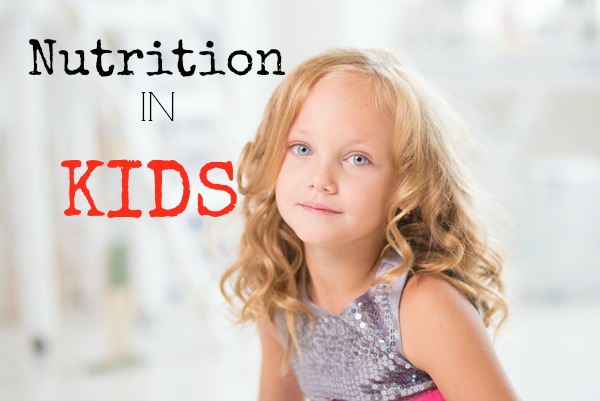
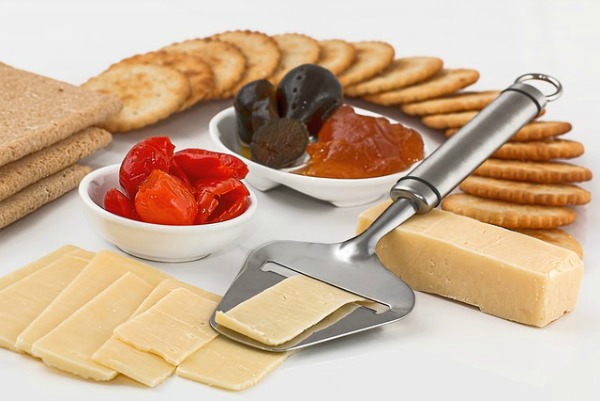
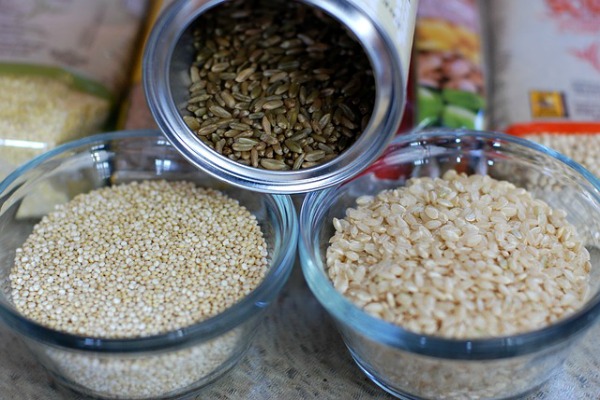


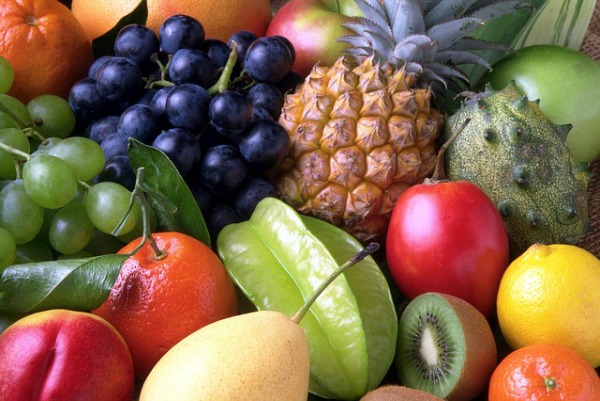




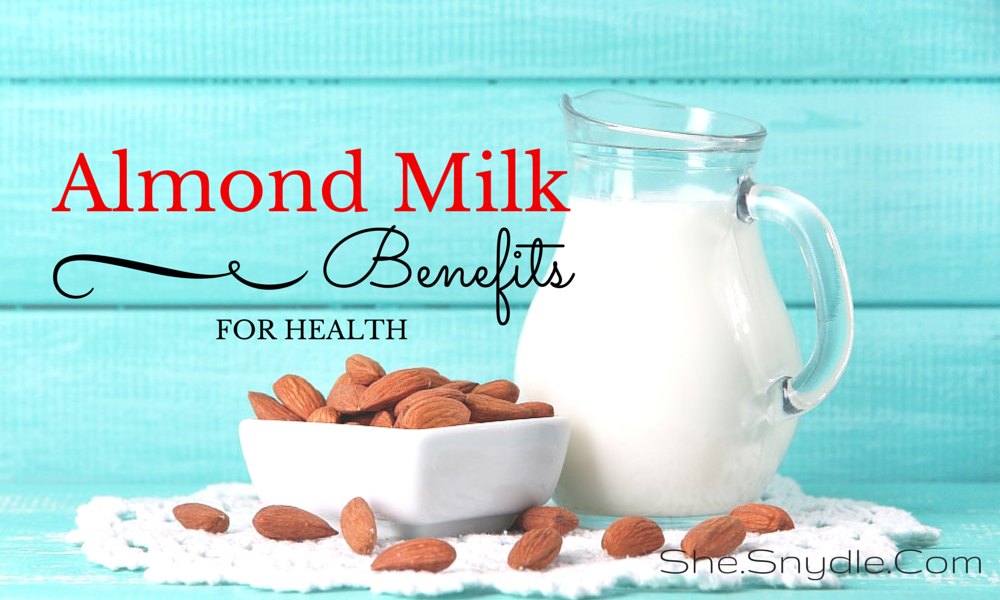
Recent Comments